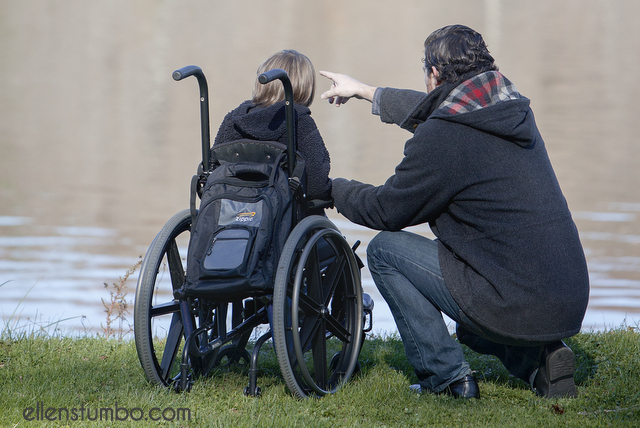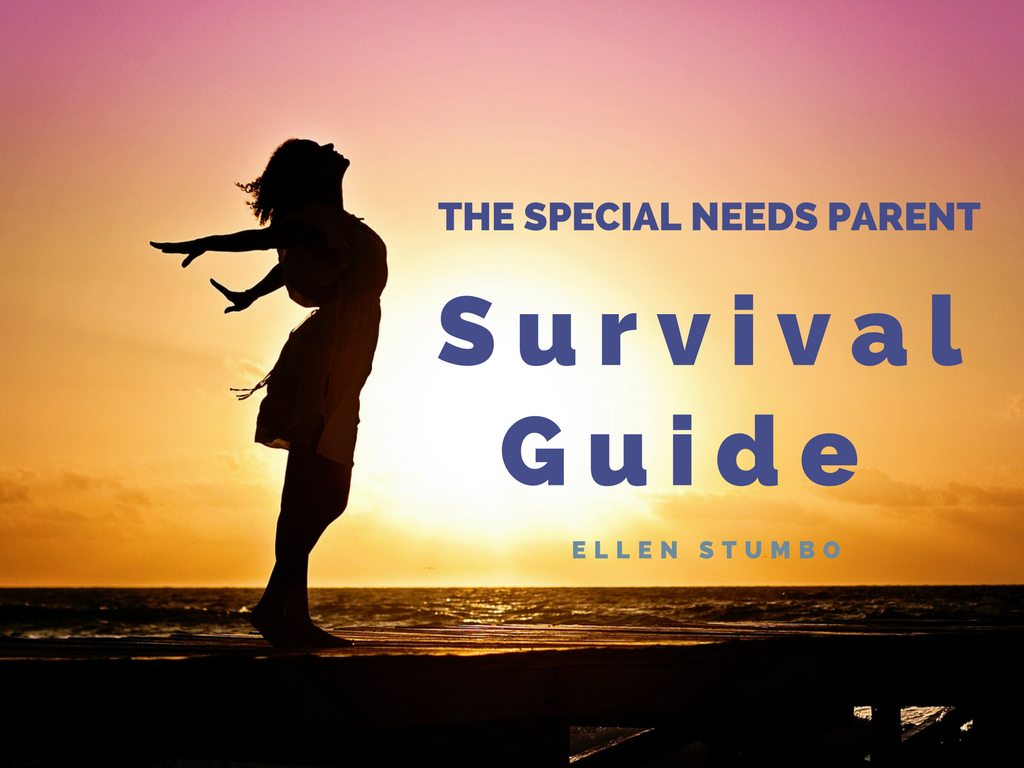“Why do you walk like a penguin?”
A little boy said this to my daughter, who has cerebral palsy, about two years ago. She didn’t answer him, she ignored his question and talked to the teacher about it. By the time I heard about it, the teacher had already talked to the little boy.
But that statement plays like a broken record in my daughter’s mind, you walk like a penguin.
And I wish she never had to hear this, along with the, “What’s wrong with you?” which is especially shocking to hear coming from an adult, but it happens.
My stomach flips and flops every time those questions come, but I use it as an opportunity to educate. I have worked up a script where I say, “She has cerebral palsy. It means her muscles are affected.For her, it affects primarily her legs. A few years ago we thought she would never walk, but look at her now! She’s amazing and we are so proud of her!” (and I pause here to say we would be just as proud if she didn’t walk, but this is my little script I rely on when I know I’ll only have a few seconds with those very curious people that feel the need to ask personal questions).
I understand kids asking, it’s normal for children to be curious and notice differences. I wish they were more gentle in the asking, but they are kids, they are learning what is acceptable and what is not. I am more than happy to talk to them.
But this doesn’t change the fact that my daughter is aware of her disability and she doesn’t like. No matter how much we encourage her, how much we stress her strengths, her courage, her gumption, she still wishes that one day she would wake up and no longer have cerebral palsy.
As the parent, this is heart breaking.
Some days, it is a hold-back-tears-but-you-can’t-and-now-you’re-sobbing kid of day.
And this is where I tell you I have not handled this very well, because sometimes I hurt so much for her that I have told her to say:
“And why are you a yellow-bellied-peek-squeak?”
“Nothing wrong with me, what’s wrong with you!”
She even has permission to punch someone in the nose if she feels like it.
But she is a gentle girl and she would never say those things, or punch her friends. And thankfully kids learn by example and although in my head I would like to do those things, I smile and respond with as much gentleness as I can, because I know it might be my only chance to educate the person asking.
Besides, angry advocacy doesn’t accomplish much.
We have tried to work on some answers for her to give, but when the time comes to use them, she turns around and walks away.
But it has been two years since the penguin comment and we’re still talking about it during therapy.
Yesterday the therapist said, “I think we need to start working on some scripts for you to use.”
We have tried this, but then I realized the responses I’ve given her are my words, not hers. I’ve come up with them, she doesn’t own them. it was my “aha!’ moment.
If I want to empower her to become her own advocate, she needs to own her words. She needs to believe them. And maybe for her a simple, “I don’t appreciate you saying that,” will make her feel better than coming up with an explanation of cerebral palsy, or calling them a yellow-bellied-peep-squeak.
My youngest daughter has Down syndrome and her speech is hard to understand, I know for her, talking it out is not the best way to go about it. But what can she do?
I don’t have all the answers, but I do have a nudging to help my kids stand up for themselves. To help them process their feelings and come up with solutions. I’m learning what it means to empower my kids to become their own advocates. I have a feeling this will be an on-going process as they grow, mature, and understand their own disability better.
Some days we do well, some days those questions or comments beat us down. But we do this together, and we’re learning and growing. But I am confident of this, while I am their biggest advocate, I do believe the best advocacy will come directly from them. This is why I want to empower them to become their own advocates.
Special Needs Parents, Are You Surviving?
I created a guide with 13 practical ways to help you find peace in the midst of chaos, opt in to make sure you get a copy of this freebie!




Ellen,
I am glad you insist your daughter come up with her own words as “come back” to her friends statements. I am glad you have given permission to your daughter to punch her friends in the nose, even though she won’t do it. The permission alone communicates to Nina unqualified support. Bravo!
I was, as a child and adolescent, angrily confrontative of adults and children who appeared to demean or objectify me based on my cerebral palsy. I had the tacit support of my parents, but not the explicit support. I don’t fault them for their approach to my own self-advocacy, my parents did an amazing job raising a brash handicapped son, without benefit of blogs like yours. I’ll bet, my still living parent (my mom) could write her own blog about raising me–brash, headstrong, and determined. She would not choose to be so vulnerable. Yet, I believe she would love your blog, Ellen; whether or not she would ever say so.
Thank-you, for giving voice to parents. Parents, who would not themselves speak on the matters this blog does. Parents, who persevere as you do, but in silence. Parents, like mine.
Dorwin, thank you!